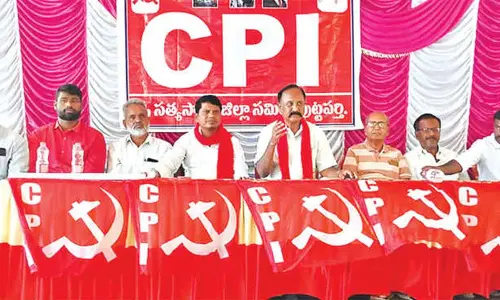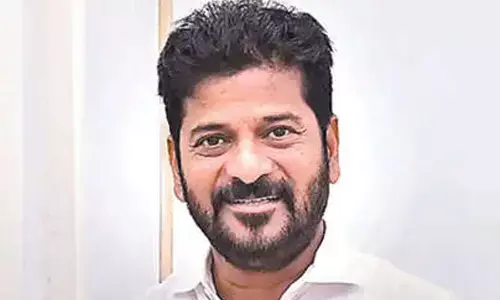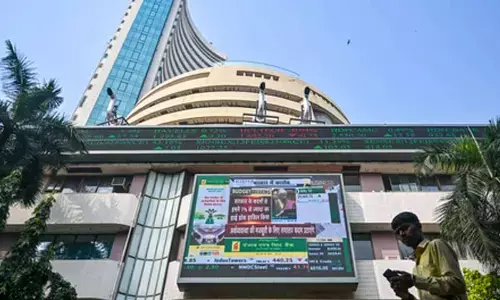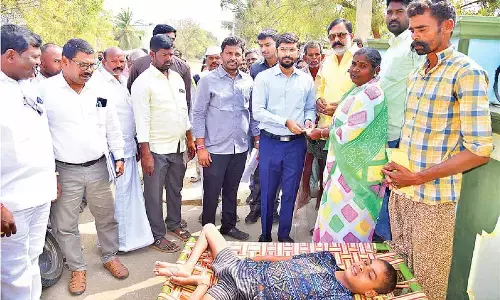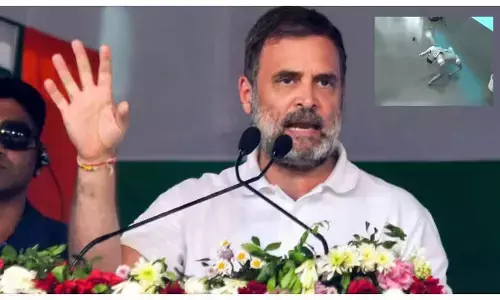Vote-on-account: Expect policy tweaks, hints on full budget
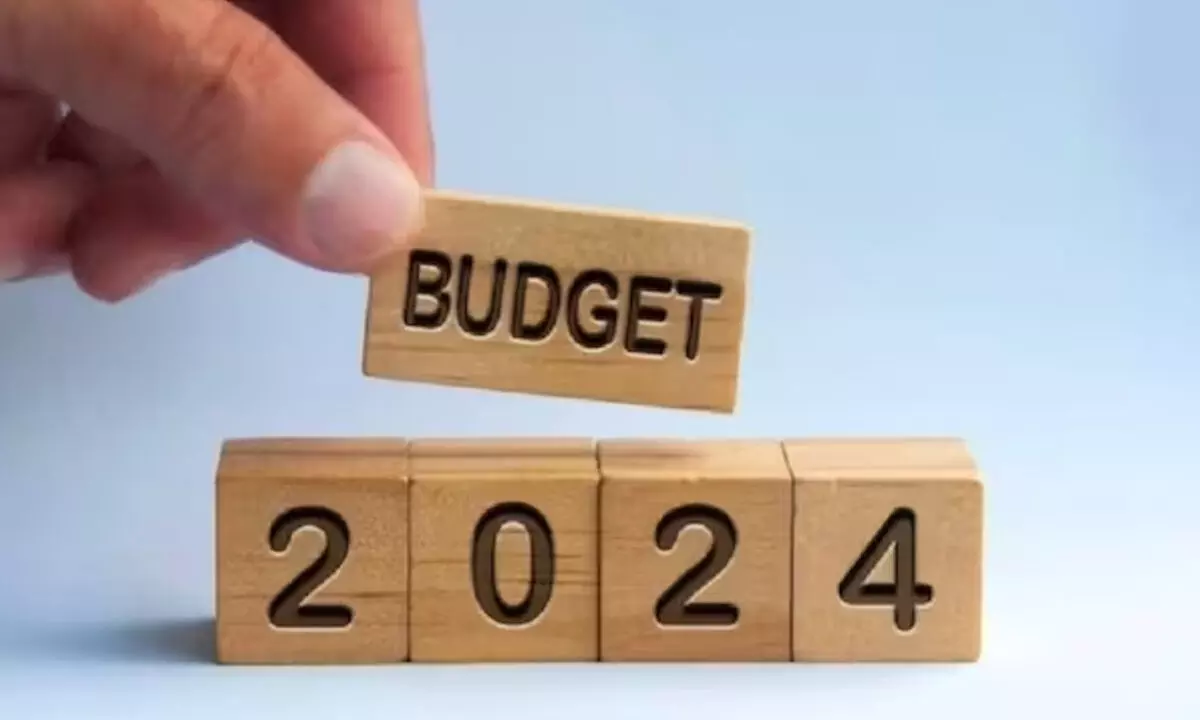
In the most significant year of elections, the annual Union Budget for 2024-25 to be presented by Finance Minister Nirmala Sitharaman on February 1 has taken centre-stage – It is her consequent sixth budget and PM Narendra Modi’s final budget of his second term.
In the most significant year of elections, the annual Union Budget for 2024-25 to be presented by Finance Minister Nirmala Sitharaman on February 1 has taken centre-stage – It is her consequent sixth budget and PM Narendra Modi’s final budget of his second term. It is uppermost on the discerning minds as well as ordinary folks, in the face of many challenges threatening to halt the steady course of the economy. But it is a bit of a letdown for the both as it will be an interim i.e., a vote-on-account rather than the full budget, which can be expected in July.
Nevertheless, the BJP-led NDA government would not let go of any leeway to meet pubic expectations, in a bid to ensure the hat-trick of Prime Minister Narendra Modi. Taxpayers, both individuals and businesses, peg hopes on liberal taxation policies. Given the budgetary constraints, the government may throw indications of what is to expect in the full budget. It is being hoped it may raise overall tax exemption, providing for all rebates, for individual taxpayers from Rs 7 lakh to Rs 8 lakh under Section 87A. India’s retail inflation, measured by the consumer price index (CPI), soared to 5.69% in December on the back of spurt in food prices of over 10.4%. With deceleration in consumption and demand, which depressed the overall market, any more reluctance on the part of consumers to spend money will set off an adverse chain reaction. As such, any tax sops at this juncture may soothe the frayed nerves of the populace and induce them to spend on their needs and aspirations.
In line with PM Modi’s muscular push to green/renewable energy – most recently spelt in his Suryodaya Yojana to provide rooftop solar power systems to one crore households across country – there may be tax impetus or infra push to green mobility in the country. Micro, small and medium enterprises that contribute 30 per cent to India’s GDP, employing more than 110 million, could do with any amount of help. Financial inclusion and jobs are other factors which require novel thinking on the part of the government.
Tax reforms, new regulations, ease of compliance saw India jump from 142nd rank in World Bank’s Ease of Doing Business in 2014 to 63rd currently. The Modi government raised the bar for itself in this regard in 2018, setting its sights on inclusion in top-50. Going forward, the government may announce or hint at greater push/sops in the interim budget. There is a serious unemployment crisis in the country, aggravated by increasing incidence of layoffs. Economists say over 40 per cent of graduations below 25 are unemployed. India fares poorer than most emerging economies, leave alone developed ones. The NDA government is yet to admit it and focus its energies on the issue.
Yet, one has to bear in mind that the vote-on-account authorises withdrawal of funds from the treasury for only essential expenses such as salaries, debt servicing, and ongoing programmes. As such, the February 1 budget may at best yield a minimal policy tweak with adequate hints of what is to come in July. Education, skills development, research thrust, jobs generation and digital divide may figure in FM’s speech. Her role has been key to India’s buoyance in becoming the fastest growing economy, with sights on the third largest economy slot by 2030. Expect same exuberance in her Budget speech, too.


